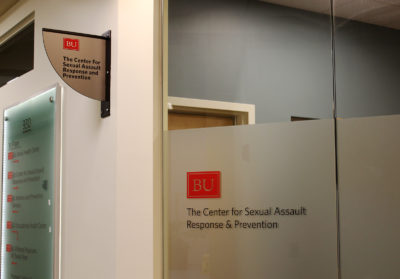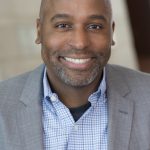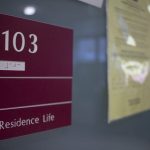
The number of yearly reported rape cases on Boston University’s campus nearly tripled over the past three years — from five in 2014 to nine in 2015 to 13 in 2016. Despite this rise, experts say this signifies an increasing willingness to report rape rather than an upsurge in rape cases.
The numbers in the annual Security and Fire Safety Report represent only the cases that were reported to the Boston University Police Department and excludes those that go unreported — a figure that may hover around 90 percent, Peter Yeager, a sociology researcher and retired BU professor, wrote in an email.
BUPD Sergeant Daniel Healy said the department is well-aware that these numbers are lower than they should be, given how underreported sexual assault is — especially on college campuses.
“You can guarantee that the actual number is higher. There’s no question in our mind that there are more people out there that have experienced this crime,” Healy said.
Yeager noted that despite the fact that most rapes go unreported, present-day social movements are encouraging victims to open up and be more willing to report rape to authorities.
“There has been a broad cultural change that promotes women’s increased willingness to report sexual victimizations of all sorts,” he wrote.
The increase in reported rapes at BU comes at a time when people across the country are campaigning to create a safer environment for rape victims to speak up, Yeager wrote. High profile sexual assault trials, such as those of Bill Cosby and Brock Turner, and the controversy surrounding then-candidate Donald Trump’s misogynistic comments, have encouraged many people to try to make it easier for victims to report cases of sexual assault.
While the widespread social movement has its benefits, Yeager wrote, there still needs to be more education and advocacy about sexual conduct and protocol, especially on college campuses.
“This change is all good,” Yeager wrote, “but more needs to be done to educate young men and women about sexual responsibilities, misconduct and available ways to redress sexual victimization on college campuses and elsewhere.”
However, the increase in reported rapes at BU can’t be attributed solely to a changing society, according to BUPD Chief Kelly Nee, in part because the numbers are so small.
“The rise in the number of reported cases “could be [caused by] a combination [of factors],” Nee said. “Statistically, when you’re doing percentages, that’s an alarming jump because the numbers are so low to begin with. I do think we could attribute some of this reporting to women feeling more comfortable reporting.”
BUPD provides a multitude of services for rape victims, designed to make sure they get the care they need to feel safe on campus, Nee said — something that the department hopes is helping sexual assault victims, regardless of whether or not they file a report.
The police department works closely with BU’s Sexual Assault Response and Prevention Center, the Dean of Students Office and the Boston Area Rape Crisis Center, Nee said, to support sexual assault victims.
Furthermore, BUPD offers Rape Aggression Defense classes, which train women in basic self-defense that they can use in a variety of violent scenarios, including sexual assault. While the BU RAD programs are currently only offered for women, Nee said officers will be undergoing special education in November to enable them to offer RAD classes to men as well.
“We’ve been listening to our community and there are men on campus, if they identify as male or they identify as female, that want to have this type of training,” Nee said.
Nee said she hopes the growing social movement and general awareness of the severity of sexual assault make more people willing to report rape cases more often.
“Hopefully,” Nee said, “women are feeling more empowered to say something when something like this happens to them, rather than suffering in silence.”
Students said it’s vital to heighten conversation about sexual assault and awareness on campus so that victims can feel comfortable reporting such crimes.
Fredrika Jorge, a sophomore in the College of General Studies, said she wishes BU had publicized the report more than they have.
“I don’t think there’s significance [to the increased reporting] to the school, just with society in general,” Jorge said. “I do think the school could make people more aware because we didn’t even know about it. Talk about it.”
Renata Tan, a Questrom School of Business junior, said she thinks the stigma associated with sexual assault is to blame for fact that many cases of rape are still not reported.
“A lot of people are not okay with reporting it because they don’t want to talk about it. It’s a traumatizing event,” Tan said.
Tan added that while having the BUPD around campus does make her feel safer sometimes, they cannot be everywhere, especially for students who live off campus, like her.
Kylie Moses, a College of Arts and Sciences senior, said she has heard that historically, BU has not handled rape reports well, which could have had some impact on people’s willingness to speak up.
“I would hope [victims] are feeling more comfortable,” Moses said. “Rapes have been happening for a long time, and I would assume [their numbers] haven’t decreased. I would hope people are feeling more comfortable.”




